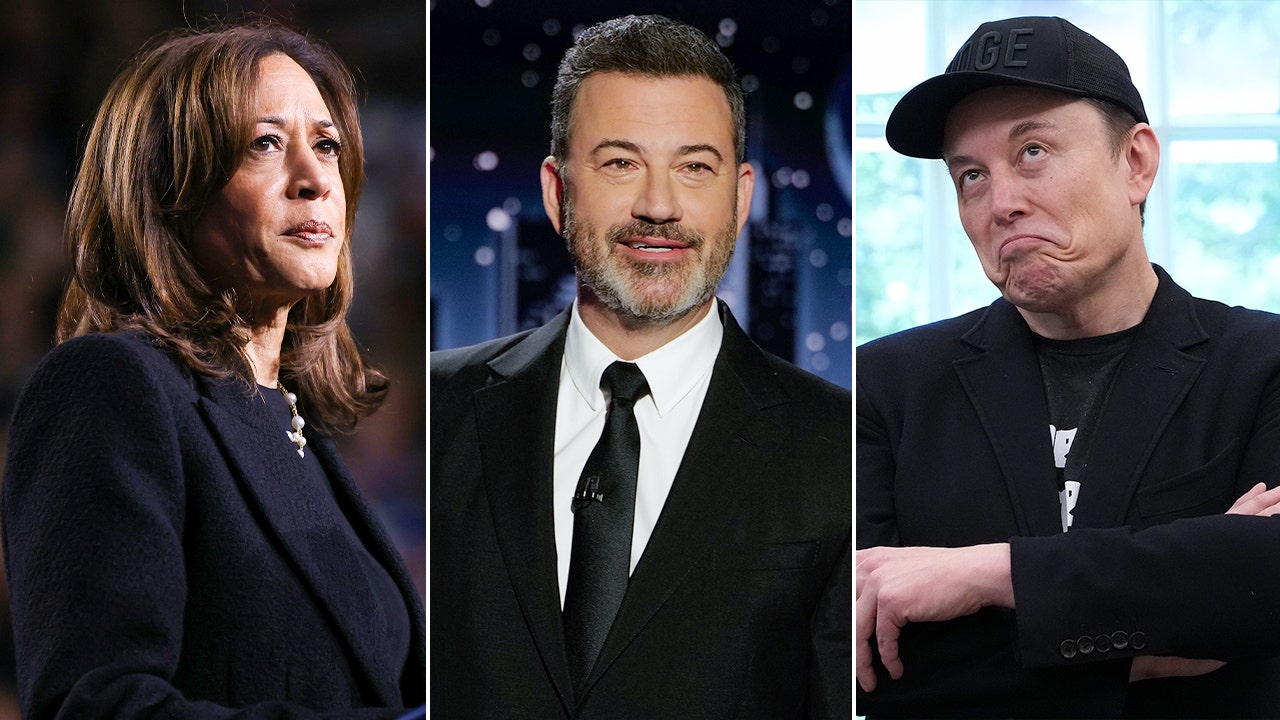Elon Musk, Kamala Harris, and the Kimmel Suspension: A Clash Over Free Speech
- Summary of the controversy and who said what
- How past statements are being used to challenge credibility
- Regulatory and political fallout from the suspension
Elon Musk reignited a debate by resurfacing Kamala Harris’ old call to suspend President Trump’s social accounts while she now cries foul over Jimmy Kimmel being pulled from the air. The moment feels like political theater where past positions are dug up and thrown into the spotlight to score points. It also reveals how weaponized free speech claims have become in modern politics.
Harris has publicly slammed Disney’s choice to pull ABC’s “Jimmy Kimmel Live!” and framed it as an example of heavy-handed power used to silence critics. She accused the administration of exploiting fear to muzzle dissent and said media companies are folding to those threats, a statement that echoes broadly across partisan lines. Her exact words were: “What we are witnessing is an outright abuse of power. This administration is attacking critics and using fear as a weapon to silence anyone who would speak out. Media corporations — from television networks to newspapers — are capitulating to these threats,” about Kimmel’s suspension. “We cannot dare to be silent or complacent in the face of this frontal assault on free speech. We, the people, deserve better.”
Many on X pointed out Harris’ 2019 post calling for Trump’s account to be suspended, turning the narrative back on her. “Look let’s be honest, @realDonaldTrump’s Twitter account should be suspended,” she wrote, and Musk reposted that line with a thinking face emoji. For critics, it’s a simple charge of hypocrisy: one standard for political allies and another for opponents.
Kimmel’s monologue accused conservatives of leveraging a murder to score political points, which ignited outrage and prompted ABC affiliates to drop the show. “We hit some new lows over the weekend with the MAGA gang desperately trying to characterize this kid who murdered Charlie Kirk as anything other than one of them and doing everything they can to score political points from it,” Kimmel said, sparking the backlash. The response from local stations and networks has split the media landscape in two.
Sen. Ted Cruz warned that conservatives will regret letting regulators set precedents on broadcast content, saying: “What he is saying is Jimmy Kimmel was lying. That’s true, he was lying, and lying to the American people is not in the public interest,” Cruz said on an episode of his podcast. “He threatens explicitly — we’re going to cancel ABC News’ license. We’re going to take him off the air, so ABC cannot broadcast anymore … He threatens it.” That warning resonates with anyone worried about government overreach into media.
FCC Chairman Brendan Carr defended the move, arguing broadcasters have special obligations to their communities and that affiliates were acting appropriately. “Broadcasters are different than any other form of communication,” Carr said, adding that the FCC had drifted away from enforcing public interest obligations. The fallout is now part regulatory debate, part culture war, and all political ammunition.
White House press secretary Karoline Leavitt denied any White House role in the suspension, saying executives at ABC made the call. Meanwhile, questions about the Biden-Harris administration’s past interactions with social platforms and pressure on companies like Meta keep resurfacing. The episode leaves a messy trail for voters to parse as election season approaches.


Leave a Comment